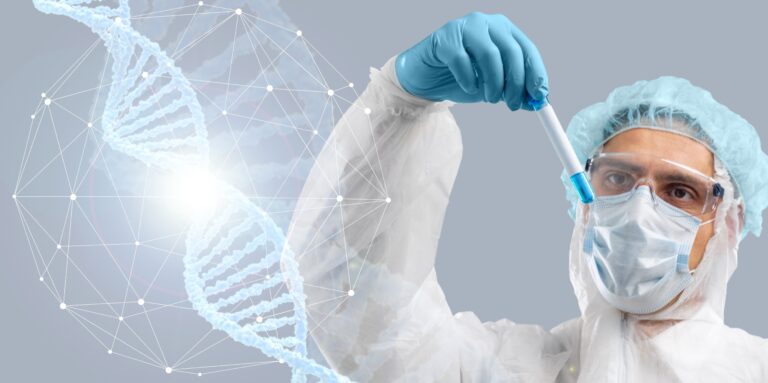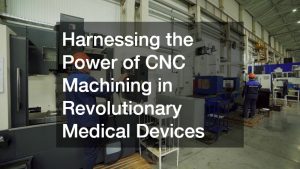Regenerative medicine is gaining popularity in the medical community. The reason is that a person’s body is designed for self-healing, and regenerative therapies seize this remarkable ability.
What is regenerative medicine? It consists of therapies, such as platelet-rich plasma therapy, stem cell therapy and exosome therapy. The research on these treatments broadens daily, and they’ve shown promise in addressing various pain issues in the musculoskeletal areas of a person.
What are Exosomes?
Exosomes are extracellular vesicles and are just 30 to 150 nanometers across. In other words, they’re tiny sacs that house cells. Their central task is to connect all cells by allowing them to communicate. This is done regardless of the distance of the cells from one another.
For example, people can connect to others by writing small digital notes, otherwise known as e-mail. As such, exosomes are how one cell emails another cell. As exosomes help to connect cells, they also send signals through the information they bear. The purpose is for cells to turn on particular functions or to react in a specific way.
What is Exosome Therapy?

Exosomes are being considered for various types of therapy. It’s believed that patients who undergo degenerative diseases can significantly take advantage of exosome therapy. The reason is that exosomes from stem cells have an anti-inflammatory effect. In short, they can produce high levels of anti-inflammatory cytokines.
In addition, research has provided helpful insight regarding exosomes. By exposing the cells of older organisms to the cells of younger organisms, one can notice that exosomes from the younger stem cells have caused the rejuvenation of the older cells. Consequently, this healing mechanism is what’s being tapped by regenerative medicine.
People suffering from autoimmune conditions may benefit from exosome therapy, which effectively treats degenerative diseases. Furthermore, treatment with exosome therapy might also be ideal for degenerative joint disease and inflammation.
Meanwhile, various approaches are being researched regarding the production of drug-loaded exosomes. One method is to load the cells with a drug, which is then carried in exosomes. Another approach is utilizing a drug in exosomes filtered from donor cells.
Overall, exosome therapy has significant potential. And it’s being researched in cancer cell-derived exosomes. Researchers are focusing on exosome drugs that could be obtained from stem cells and then contained in a bioreactor. Once refined, they could also become a drug product that can be used through infusion and injection.
Stem Cell Therapy Versus Exosome Therapy
Stem cell therapy leads stem cells to develop into particular body cells. Significantly, these cells from donors are used in stem cell therapy to replace and mend damaged cells in the body. As stem cells develop, the therapy will lead your body to heal by itself and generate more robust cells as time goes by.
On the other hand, exosome treatments don’t use cells from another donor compared to stem cell therapy. What happens is that exosomes are obtained from human mesenchymal stem cells from another donor and are then purified. Moreover, a person can undergo exosome therapy through injection or intravenous (IV) therapy.
Benefits of Exosome Therapy
Some benefits of undergoing exosome therapy include:
- Treat Specific Brain Injuries
Medical professionals can offer this therapy for those with specific types of brain injuries. And strategies that are utilized to regenerate the damaged brain areas can be done through exosomes.
This treatment is straightforward since it only needs the injection of exosomes in the damaged brain area. This will assist in starting a natural regeneration process to restore healthy brain cells.
- Support Metabolic Function
The metabolic function can serve as the body’s furnace. However, when it starts slowing down, problems like weight gain, poor muscle tone, and lethargy begin to surface. As such, exosome therapy reinvigorates and re-energizes cells.
This allows the cells to metabolize nutrients more effectively and allows for better production of energy. Furthermore, this process restores your metabolic function, leading to weight loss, increased energy levels, and better muscle tone.
- Improves Tissue Regeneration
The aging process is often tied to tissue death, among other aspects. While exercise and diet can slow the process of tissue death, exosome therapy has been shown to reverse it. By ordering tissue cells to regenerate, exosomes do their job to reverse tissue degeneration, leading to new tissue development and overall healthy cell regeneration.
Regenerative Medicine as Treatment
Exosome therapy is a part of regenerative medicine that’s promising in terms of treating health issues, such as degenerative and autoimmune diseases. It can also benefit people with a slow metabolism, those undergoing tissue death, or those with specific brain injuries. Nevertheless, if you’re considering exosome therapy for your health issues, it’s best to ask your doctor first.




